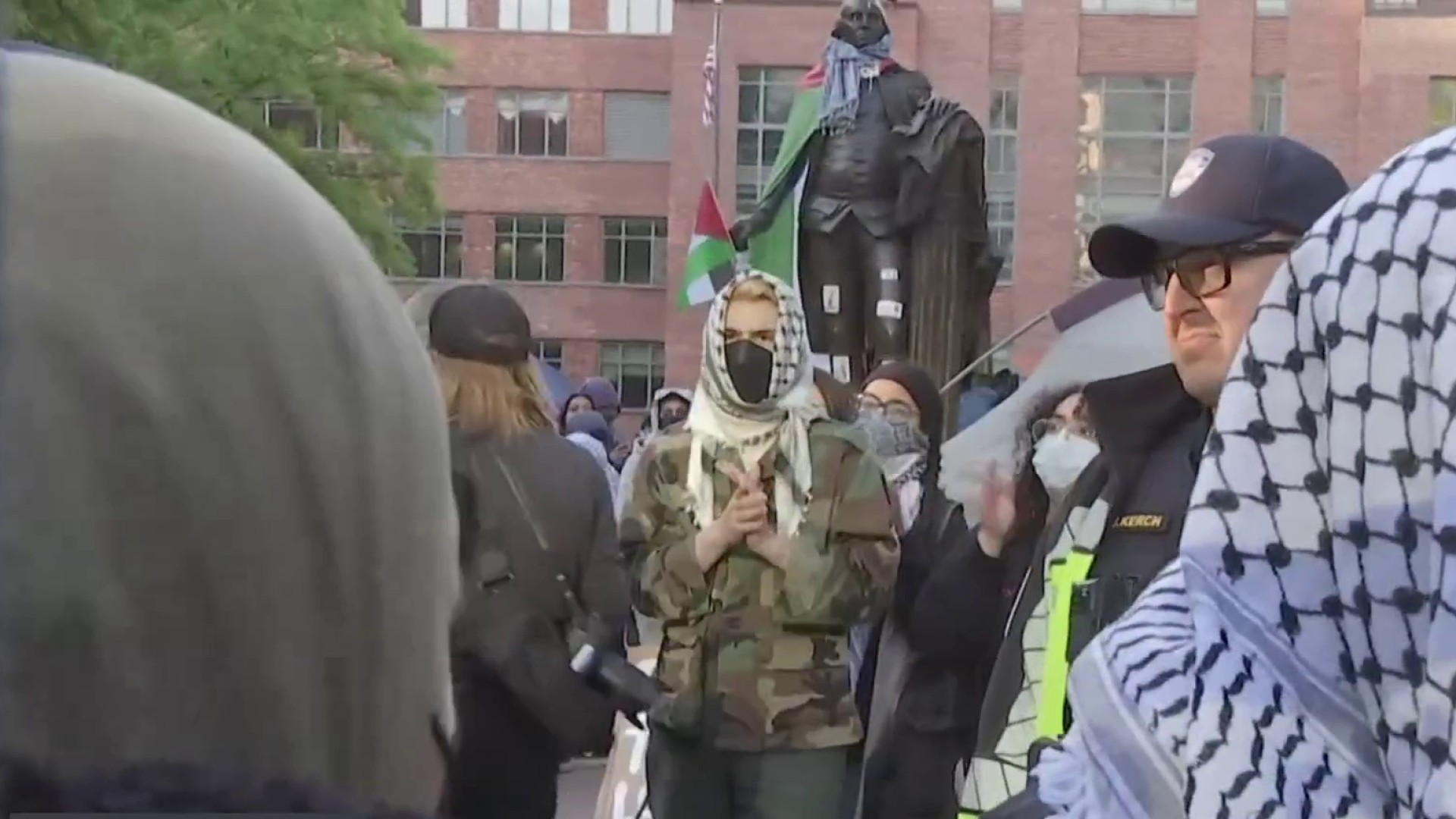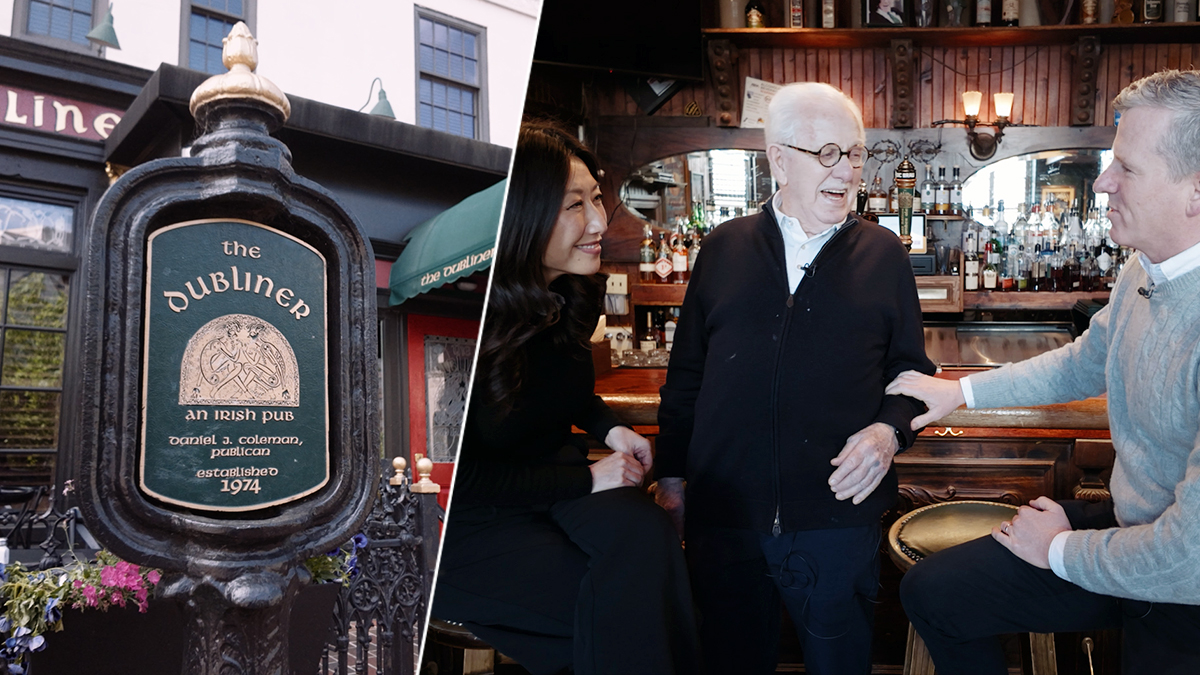The Supreme Court on Monday struck down part of a law that bans offensive trademarks in a ruling that is expected to help the Washington Redskins in their legal fight over the team name.
The justices ruled that the 71-year-old trademark law barring disparaging terms infringes free speech rights.
The ruling is a victory for the Asian-American rock band called the Slants, but the case was closely watched for the impact it would have on the separate dispute involving the Washington football team.
When asked for comment about the ruling, Redskins owner Dan Snyder said, "I am thrilled! Hail to the Redskins."
Slants founder Simon Tam tried to trademark the band name in 2011, but the U.S. Patent and Trademark Office denied the request on the ground that it disparages Asians. A federal appeals court in Washington later said the law barring offensive trademarks is unconstitutional.
The Redskins made similar arguments after the trademark office ruled in 2014 that the name offends American Indians and canceled the team's trademark. A federal appeals court in Richmond put the team's case on hold while waiting for the Supreme Court to rule in the Slants case.
In his opinion for the court, Justice Samuel Alito rejected arguments that trademarks are government speech, not private speech. Alito also said trademarks are not immune from First Amendment protection as part of a government program or subsidy.
Local
Washington, D.C., Maryland and Virginia local news, events and information
Tam insisted he was not trying to be offensive, but wanted to transform a derisive term into a statement of pride. The Redskins also contend their name honors American Indians, but the team has faced decades of legal challenges from Indian groups that say the name is racist.
Despite intense public pressure to change the name, Snyder has refused, saying it "represents honor, respect and pride."
In the Slants case, government officials argued that the law did not infringe on free speech rights because the band was still free to use the name even without trademark protection. The same is true for the Redskins, but the team did not want to lose the legal protections that go along with a registered trademark. The protections include blocking the sale of counterfeit merchandise, and working to pursue a brand development strategy.
A federal appeals court had sided with the Slants in 2015, saying First Amendment protects "even hurtful speech that harms members of oft-stigmatized communities."



